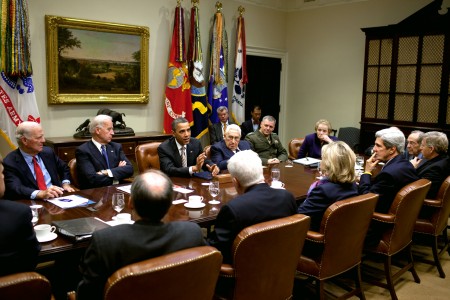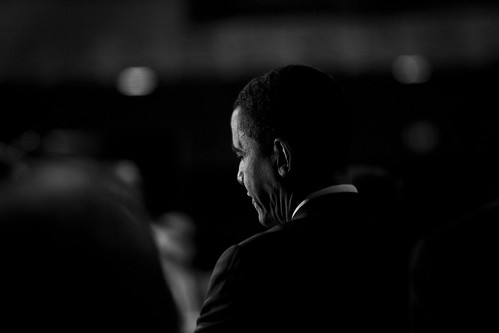
This article was originally published by Atlantic-community.org on 26 May 2014
By avoiding blatant aggression, Putin’s ostensibly deniable tactics use Europe’s rules-based interconnected international system against it, even as he circumvents Russia’s own treaty commitments to Ukraine. But perhaps the longer term threat is not that a declining Russia’s actions will go unpunished, but that as with Germany, Italy and Japan in the 1930s, states who are also dissatisfied with their neighborhood’s geopolitical status quo will copy the Kremlin’s lead.
The non-invasion invasion of Ukrainian territory by little green men, or “self-defense groups” as President Putin calls them, has been a masterful demonstration of Russian asymmetric warfare, electronic disinformation and lawfare techniques. Alarm is now heard that if Russian attempts to undermine Ukrainian territorial integrity are successful it will feed Moscow’s appetite for more. But while the attention of the world is riveted on the Kremlin, what about other regional powers? If a great power conflict can be avoided (as in Ukraine so far), would another state emulate Russia’s behavior in the future?




